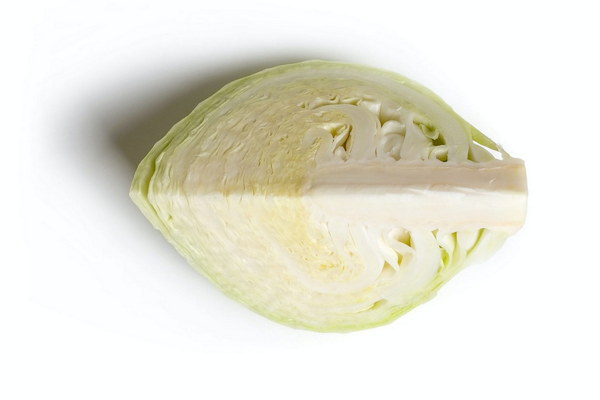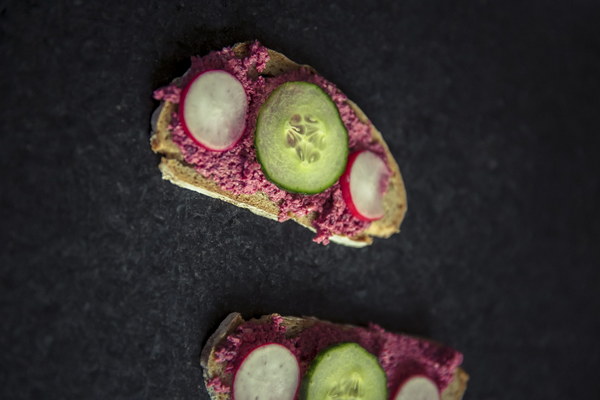Can Camel Milk Really Nourish the Lungs A Comprehensive Look
In recent years, camel milk has been gaining popularity as a superfood, with many health enthusiasts claiming its numerous benefits. One of the most debated claims is that camel milk can nourish the lungs. But can this desert elixir truly have a positive impact on respiratory health? Let's delve into the science and folklore surrounding this topic to find out.

The Claim: Camel Milk and Lung Health
The belief that camel milk can improve lung health stems from its unique composition and the anecdotal evidence from various cultures. Proponents argue that the milk's high levels of vitamin C, antioxidants, and immune-boosting properties can help protect the lungs from infections and inflammation.
The Science: What Does the Research Say?
While some studies suggest potential benefits, the scientific evidence on camel milk and lung health is still limited. A study published in the journal Nutrition found that camel milk contains higher levels of vitamin C and beta-carotene compared to cow's milk, which are antioxidants that may protect against lung damage.
Another study published in the Journal of Dairy Science indicated that camel milk has anti-inflammatory properties, which could be beneficial for individuals with respiratory conditions like asthma or chronic obstructive pulmonary disease (COPD). However, these findings are not conclusive, and more research is needed to establish a direct link between camel milk consumption and lung health.
Antioxidants and Immune System Support
One of the key components of camel milk that could potentially benefit lung health is its high antioxidant content. Antioxidants help neutralize free radicals in the body, which can damage lung tissue and exacerbate respiratory conditions. Camel milk also contains immunoglobulins, which are proteins that can strengthen the immune system and protect against infections.
Traditional Use and Folklore
Camel milk has been used for centuries in various cultures, particularly in desert regions where other food sources are scarce. In some traditional remedies, camel milk is believed to have healing properties for respiratory issues. While these practices offer anecdotal evidence, they do not provide scientific proof of efficacy.
Potential Risks and Considerations
Before incorporating camel milk into your diet, it's important to consider a few factors. Firstly, camel milk is not widely available in many countries, and purchasing it from reputable sources can be challenging. Secondly, individuals with certain health conditions, such as kidney disease, should avoid high-protein diets, including camel milk, as it can exacerbate their condition.
Additionally, some people may be allergic to camel milk, just as they can be allergic to other types of milk. It's essential to consult with a healthcare professional before starting any new dietary supplement or treatment, especially if you have existing health concerns.
Conclusion
While there is some evidence to suggest that camel milk may offer potential benefits for lung health, particularly due to its high levels of antioxidants and immune-boosting properties, more research is needed to confirm these claims. As with any dietary change, it's crucial to approach camel milk consumption with caution and seek advice from healthcare professionals, especially if you have existing health conditions.
In the meantime, those interested in trying camel milk as a health supplement should do so with the understanding that the scientific backing for its lung-nourishing effects is not yet definitive. As with any superfood, moderation and a balanced diet are key to maintaining optimal health.









